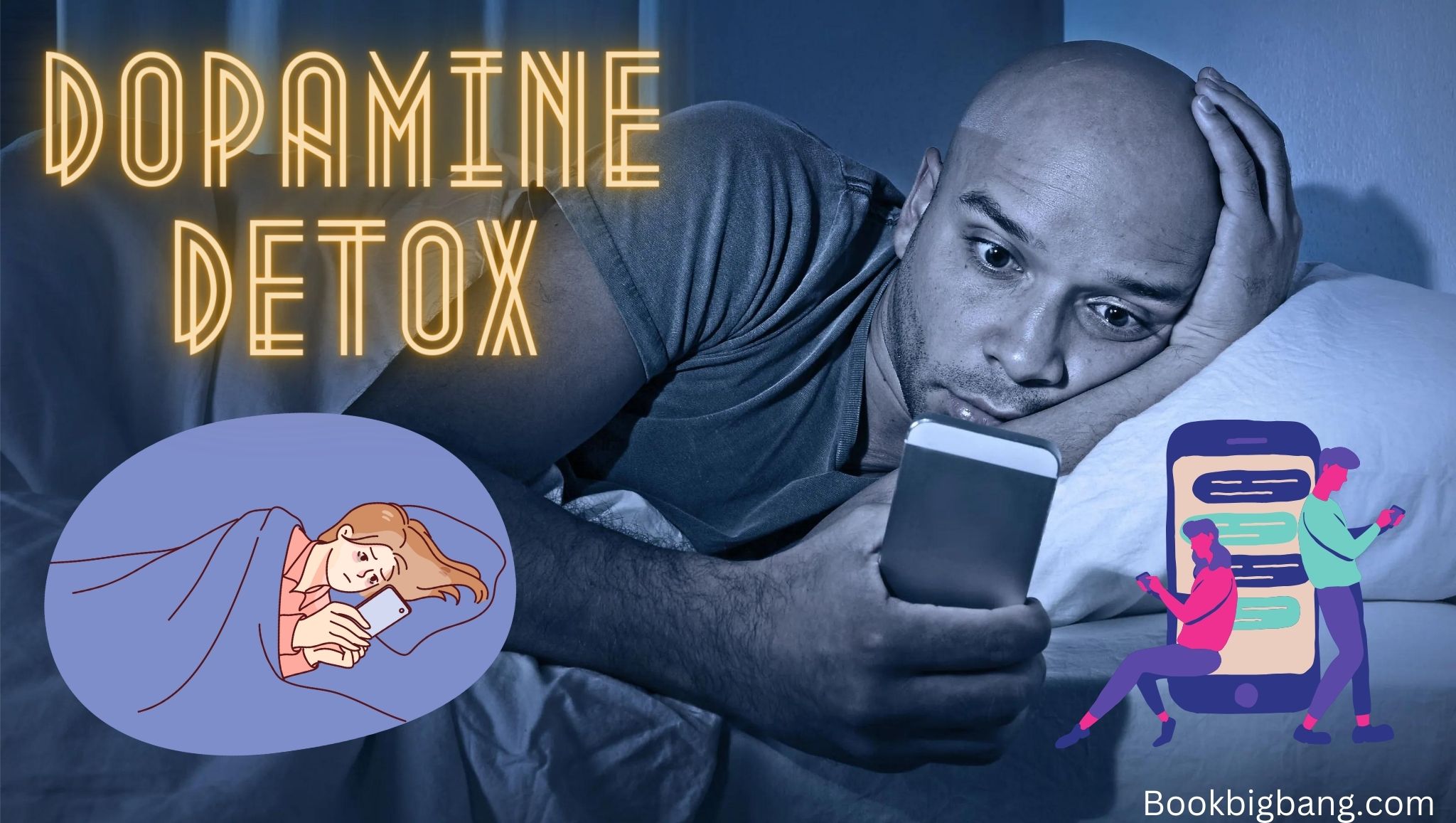Rating
Table of Contents
My personal Experience with Sleep
I had been thinking for a long time that sleeping for a short period of time was enough to sustain my daily need for it. However, after reading or listening to Matthew Walker’s amazing book “Why We Sleep,” I am convinced that we are all sleeping less than we should.
Despite spending over a third of our lives sleeping, we still don’t fully comprehend its functions. This book aims to clarify certain aspects of sleep and educate us on the critical role it plays in our health.
As a working student of engineering, my daily life is more inclined towards skipping most of my sleep. I was thinking that sleep is something I can control according to my needs but, ohh how wrong I was. This book is not just any other book that gives info about tricks and techniques. It further goes down into the science of human physiology and psychology of sleep. The book effectively teaches the importance of a good sleep and its effect on body and mind.
What is sleep?

The first portion of the book delves into the definition of sleep. “Sleep is a period of rest. It consists of REM and non-REM sleep, two distinct states that alternate in cycles and reflect differing levels of brain nerve cell activity.” Non-REM (or NREM) sleep is also termed quiet sleep. He emphasizes the substantial benefits of sleep, such as memory consolidation and problem-solving ability. He goes into detail on chronotypes (whether we are morning or evening people), the science behind them, and how our chronotypes evolve throughout our lifetimes.
REM and NREM Sleep

Non-rapid eye movement (NREM) Sleep is distinguished by deep, weak brainwaves that are 10 times slower than while you are awake. We have a sensory blackout during deep NREM sleep, and our cortex (the logical core of our brain) is relaxed. Your complete brain is now properly aligned to isolate and transfer chosen memories from your frontal lobes to your long-term memory (in the back of your brain).
Rapid eye movement (REM) Sleep is distinguished by rapid brainwave activity similar to that experienced while awake. The visual, motor, memory, and emotional areas of your brain are stimulated, and pockets of feelings, information, memories, motives, and so on are integrated onto a gigantic movie screen, i.e., your dreams. When you are dreaming, your eyes may move quickly.
Adverse effects of Caffeine and its effects on Sleep

Sometimes we consume caffeine or some drugs to help us work during our sleeping hours. Walker says that this may help you in the short term, but prolonged use of such methods results in sleep depravation and various illnesses related to sleep.
You may be wondering how a cup of coffee works to shoo away sleep. So, caffeine works by blocking the receptors that adenosine affects (after about 30 minutes), and this goes against our body cycle.
How Should We Sleep?
Most individuals in industrialized countries today sleep in a monophasic pattern—that is, we strive to sleep in a long, solitary bout at night, the average duration of which is now fewer than seven hours. His explanation of why we sleep and how other animals sleep is amazing.
Some animals, for example, can sleep with just half their brains – WHAT? – yep, half their brains, so the other half can keep the ‘body’ running. Thus, some aquatic mammals sleep with one half while the other stays vigilant and keeps the animal swimming; otherwise, the animal would drown. For me, the most intriguing information in this section was the line of birds, where the bird on the left edge would have its left eye open and half of its brain awake and ready for business.
4 Easy and Effective tricks to make you sleep better
1) Replace any LED lights in your bedroom that generate the most sleep-aversion blue light.
2) Set your bedroom temperature at 65 degrees at the time you want to sleep if you have control over the temperature where you reside. “To successfully initiate sleep, your core temperature needs to decrease by 2 to 3 degrees Fahrenheit,” Walker said.
3) Reduce alcohol since, contrary to common opinion, alcohol is not a sleep aid. While it may aid in sleep induction, “alcohol is one of the most powerful suppressors of REM [rapid eye movement] sleep,” according to Walker.
4) If you can, take a brief midday nap, like our forefathers did and as certain Mediterranean and South American civilizations now do (but no later than 3 p.m.). It will most likely increase your creativity and cardiovascular health while also extending your lifespan.
Conclusion: “Why We Sleep”
I don’t necessarily believe all of Walker’s findings, such as the significant correlation he alleges between a lack of sleep and the development of Alzheimer’s. He occasionally claims as truth what science has not yet fully established in an effort to warn us all of the dangers of sleeping too little. Even with a slight disregard, Why We Sleep is an essential and entertaining book.
You can buy “Why We Sleep by Matthew Walker” on Amazon.
Read this next “The 7 habits of highly effective people“




